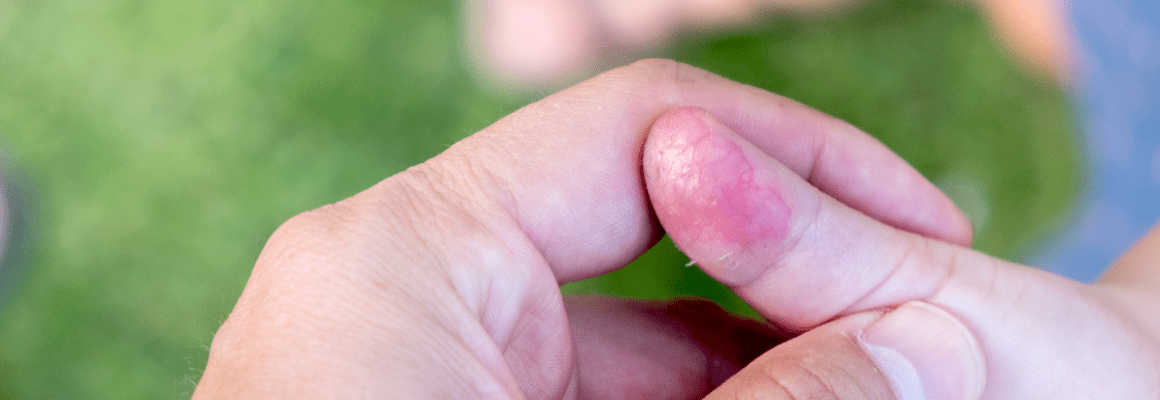Are you a breastfeeding mother wondering about breast milk and eczema? If so, this article is for you, whether you have eczema yourself or your baby does. Read on to discover all you need to know about breastfeeding and eczema.
Is There a Connection Between Breast Milk and Eczema?
If your baby has eczema, you may wonder if perhaps breastfeeding is to blame. It’s important to think about the mother and child together as one unit.
While there is often a hereditary predisposition that can be passed from parent to child, the mother’s overall health can affect the baby as well. This includes diet, lifestyle, and even emotional stress: all of which can be transferred to the baby. This means that by improving the mother’s health - considering her food allergies, digestive and immune health, and diet - you can improve your baby’s health through your breast milk.
Breastfeeding and Eczema
While medical studies have shown that breastfeeding can reduce the occurrence of asthma and atopic dermatitis in children later, it’s important to note that the breast milk must be agreeable.
In addition, it stands to reason that the baby must not have a breast milk allergy. This will ensure the baby’s immune and digestive system will be able to properly assimilate nutrients well and provide the baby with proper growth and development, as well as eczema-free living.
Does a Breastfeeding Mom’s Diet Matter?
If you are a mother who is breastfeeding her baby, it’s important to consider your diet, especially if your child has eczema. Certain foods are common triggers for eczema and should be avoided. Some of these triggers include cow’s milk, peanuts, tree nuts, and shellfish.
Tips for Breastfeeding Mothers
Here are some of our top tips to help mothers who breastfeed their babies:
Take Care of your Own Health
Remember, your health affects your baby’s health. Take care of yourself by getting proper sleep, working on your stamina, and eating a healthy diet with proper nutrients.
Don’t forget to take care of your mental health as well. Take some time out of your day to relax, indulge in some self care activities, or even calm your mind through meditation.
Eliminate Food Allergies
As mentioned above, your diet has an affect on your health and your baby’s. You should make it a priority to determine your food triggers (such as dairy, gluten, and eggs), and then eliminate these from your diet. If you don’t know what your food triggers are, get the recommended food allergy tests.
Before eliminating anything from your diet, we recommend speaking to your dietician or physician to ensure that you and your little one are still getting all the proper nutrients.
Soothe the Itch:
We love this Organic Manuka Skin Soothing Cream because it’s gentle enough for babies and adults alike. In fact, all six ingredients were handpicked for their known soothing abilities. Your little one’s sensitive skin will love the soft, buttery texture of this oil-based balm. Absolutely no burning or stinging!
References:
https://www.webmd.com/skin-problems-and-treatments/eczema/features/baby-diet#1










